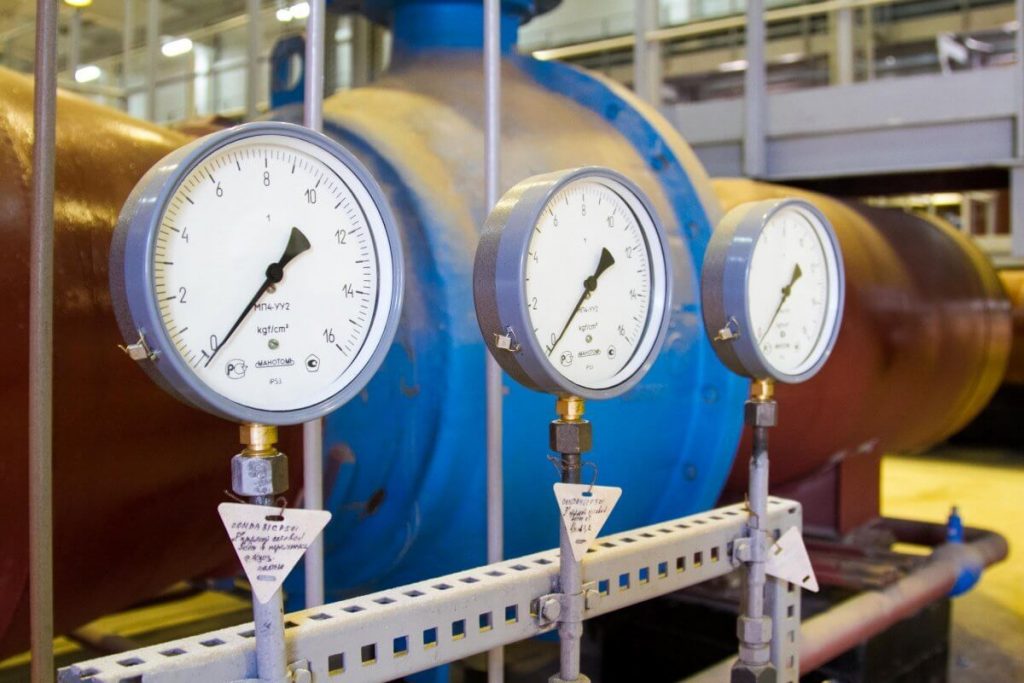3 may

The researchers compared the characteristics of conventional carbon black with commercial graphene-based solar panels. It turned out that the simplest and cheapest material surpasses industrial products in all major indicators. Soot turned out to be an ideal material for converting solar energy into thermal energy. The scientists' findings are published in the journal "Carbon", reports the High-tech portal.
Physicists from Mexico and the USA have shown in experiments that soot created by burning organic fuels, such as coal or hydrocarbons, effectively converts solar energy into thermal energy. The researchers created a special paste-like coating based on soot from burnt wood, petroleum coke and other hydrocarbons. To "activate" the work of their coating, scientists have developed solar furnaces that can heat up to 200 ° C. The cost of producing such a furnace, according to scientists, is about $ 150, and the production of the coating on which it works is only $ 1 per square meter.
The developers compared the effectiveness of their coating compared to traditional graphene and fullerene-based solar panels. It turned out that soot-based paste surpasses traditional commercial panels by 96% in solar absorption and 85% in light emission. At the same time, such a system is 15 times cheaper. The researchers also compared their development with panels based on nanostructures. The results showed similar effectiveness, but in this case bio paste is a thousand times cheaper.
"Our raw materials are environmentally friendly, although they are currently considered an environmental pollutant. However, they are ideal for reducing the carbon footprint and can contribute to the transition to true zero energy consumption," says Francisco Robles–Hernandez, co-author of the study from the University of Houston. The developers believe that the coating and solar furnaces created by them can be used in large industrial heaters and boilers for drying. Physicists note that this is one of the most energy-intensive and expensive industrial processes. In addition, the use of waste resulting from the combustion of organic fuels, according to scientists, can find application in solar distillers, heaters, home heating, water purifiers and other technologies.
"The next step for this project is the mass production of solar energy to heat converters for the food industry. Ultimately, the idea of this project is to benefit the environment by using carbon waste or by–products for household and industrial processes," notes Luis Bernardo Lopez-Sosa, co-author of the study.
Illustrative photo from open sources

